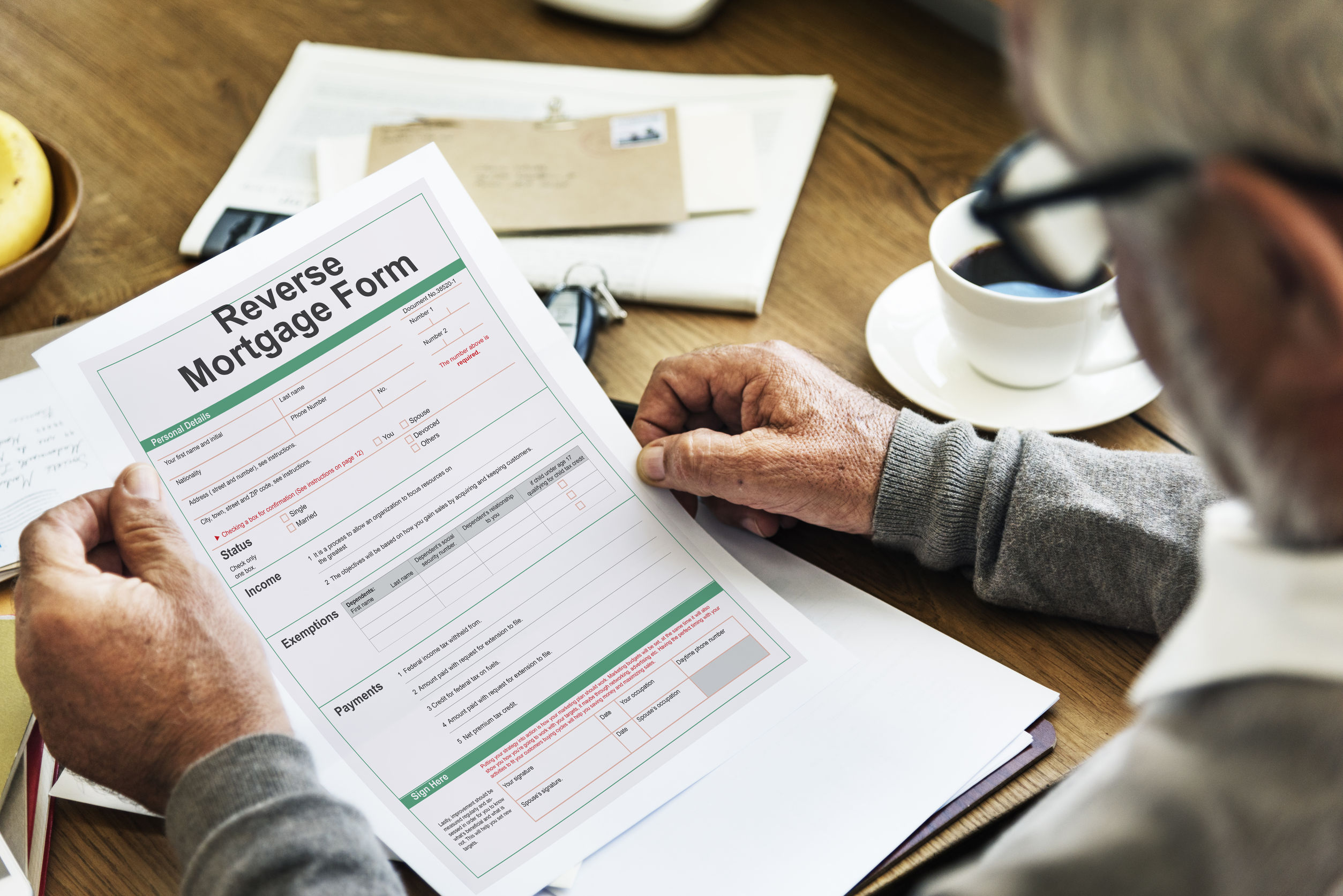What is a Reverse Mortgage and How Does It Work?
 A reverse mortgage, not to be confused with a regular mortgage, is a type of home loan targeted specifically toward older homeowners and seniors aged 62 and up. The Home Equity Conversion Mortgage (HECM) is a reverse mortgage program insured by the Federal Housing Administration (FHA) which enables you to withdraw some of the equity in your home.
A reverse mortgage, not to be confused with a regular mortgage, is a type of home loan targeted specifically toward older homeowners and seniors aged 62 and up. The Home Equity Conversion Mortgage (HECM) is a reverse mortgage program insured by the Federal Housing Administration (FHA) which enables you to withdraw some of the equity in your home.
In essence: a reverse mortgage enables homeowners to convert their home equity—the market value of your property unencumbered with interest—into cash with no monthly mortgage payments. The borrower can receive an amount of money determined by the age, interest rates, and the lesser of the home’s appraised value, sale price, and maximum lending limit.
For older homeowners, a reverse mortgage is particular advantageous because they can defer payment on the loan until they die, sell, or move out of the home. The interest is instead added to the loan balance each month, and will not have to be repaid generally until 6 months after the last surviving homeowner moves out of the property or passes away.
Check with the FHA to learn about the requirements and discover whether you are eligible for a reverse mortgage.






